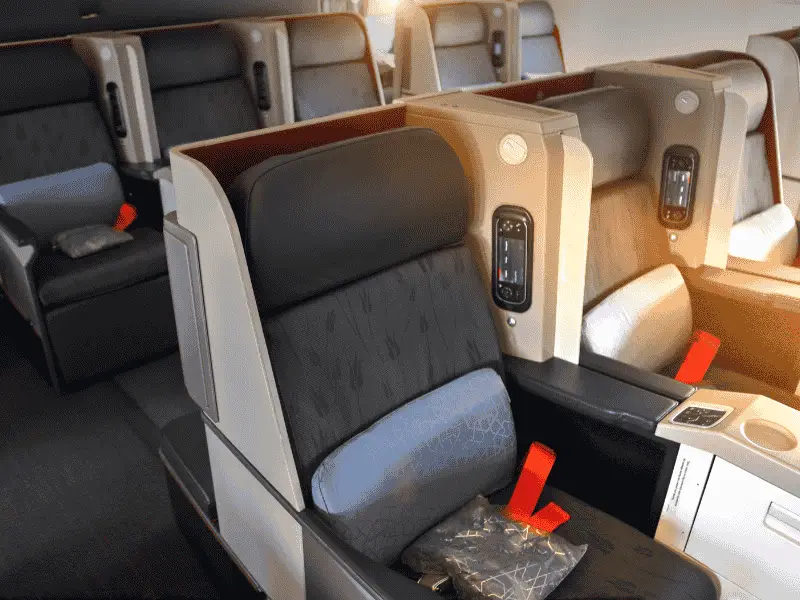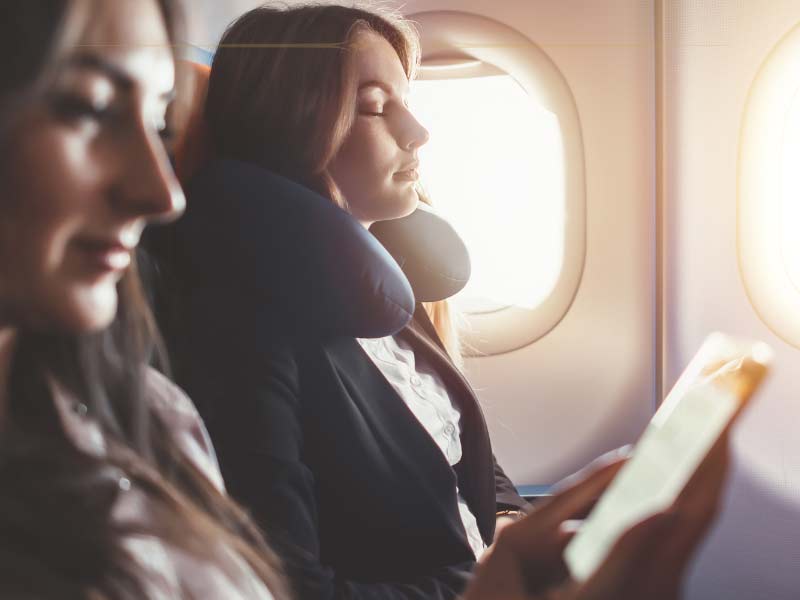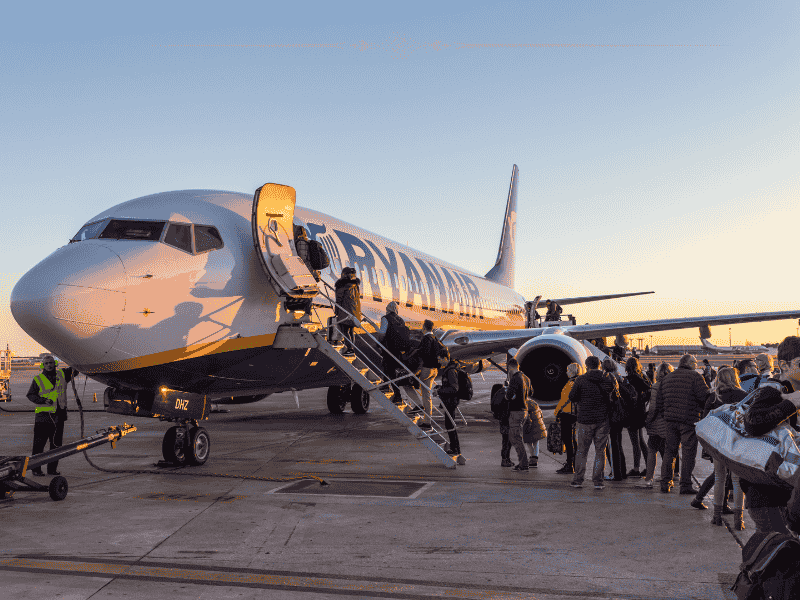The complete top 25 rankings showcase the global nature of aviation excellence, with airlines from Asia, the Middle East, Europe, and Oceania all represented.

According to AirlineRatings highly anticipated 2025 rankings, Korean Air has dethroned Qatar Airways as the world’s finest airline. The South Korean carrier’s commitment to passenger comfort and resistance to industry-wide cost-cutting measures has earned it the top spot in this year’s global assessment.
While competitors have been squeezing more seats into their aircraft, Korean Air has taken a boldly different approach. The airline maintains a generous 33-34 inch seat pitch in economy class – a decision that’s winning praise from passengers and industry experts alike. This stands in stark contrast to the industry standard of 31-32 inches, with many carriers having reduced their pitch from previous configurations.
Korean Air’s rise to the summit isn’t just about legroom. The carrier has distinguished itself through thoughtful amenities that enhance the flying experience across all cabin classes. Passengers receive complimentary slippers and eye masks, while the airline’s meal service has garnered recognition for its generous portions and diverse menu options that bridge Eastern and Western cuisines.
According to Sharon Petersen, AirlineRatings’s chief executive, Korean Air’s ascension represents more than just a changing of the guard. “While many carriers have adopted higher-density configurations, particularly in their Boeing 777 fleet, Korean Air has maintained its original seat layout. This commitment to passenger comfort, combined with their exceptional service standards, sets a new benchmark for the industry,” Petersen says.
The rankings, which evaluate the world’s top 25 full-service airlines, require carriers to meet strict criteria. Airlines must demonstrate strong financial standing, maintain a seven-star safety rating, and offer comprehensive service including meals, snacks, and beverages. Business class cabins must feature lie-flat beds, and economy seats must provide at least 31 inches of pitch.
The 2025 awards also recognized excellence in specific categories. Virgin Australia Regional earned praise for its efficiency and customer-focused approach, while Vietjet secured the ultra-low-cost carrier award for maintaining quality standards while offering competitive fares.
Korean Air’s victory signals a potential shift in industry priorities. As airlines worldwide grapple with the balance between profitability and passenger comfort, the success of Korean Air’s passenger-first approach may prompt others to reconsider their strategies.
Qatar Airways, despite losing its top position, continues to impress with its premium service offerings. Air New Zealand secured third place, while Cathay Pacific and Singapore Airlines rounded out the top five, demonstrating the continued dominance of Asian carriers in setting global aviation standards.
Korean Air’s success suggests that prioritizing passenger comfort over maximum capacity can be a viable business strategy, potentially influencing other carriers to follow suit.
The Complete Rankings
AirlineRatings’s Top 25 Airlines for 2025:
- Korean Air
- Qatar Airways
- Air New Zealand
- Cathay Pacific
- Singapore Airlines
- Emirates
- Japan Airlines
- Qantas
- Etihad
- Turkish Airlines
- EVA Air
- Fiji Airways
- Virgin Atlantic
- ANA
- Aero Mexico
- Air Caraibes
- Thai Airways
- STARLUX Airlines
- Vietnam Airlines
- Sri Lankan Airlines
- Air France
- KLM
- Air Calin
- Air Mauritius
- Garuda Indonesia
These rankings reflect a comprehensive evaluation of airline performance, passenger experience, safety standards, and financial stability. As the aviation industry continues to evolve, Korean Air’s achievement sets a new standard for excellence in global air travel, potentially influencing how airlines approach the delicate balance between operational efficiency and passenger comfort in the years to come.




